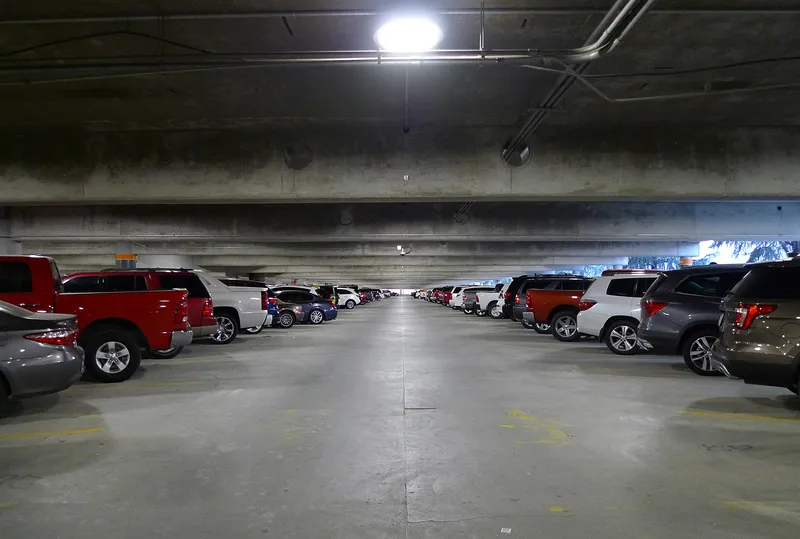International consulting and technology company Indra is coordinating the consortium of 15 companies and government bodies that is developing the Mobiwallet project, which will be piloted in the cities of Santander, Florence and Novi Sad and the West Midlands region of the UK.
MobiWallet will turn any smartphone into a payment terminal with top-up on the go anywhere, thanks to technologies like NFC tags, 2D barcodes, interactive websites and augmented reality. An innovative platform will process the paym
April 8, 2014
Read time: 2 mins
International consulting and technology company 509 Indra is coordinating the consortium of 15 companies and government bodies that is developing the Mobiwallet project, which will be piloted in the cities of 6352 Santander, Florence and Novi Sad and the West Midlands region of the UK.
MobiWallet will turn any smartphone into a payment terminal with top-up on the go anywhere, thanks to technologies like NFC tags, 2D barcodes, interactive websites and augmented reality. An innovative platform will process the payment models of the different transport operators, promoting interoperability and offering users advanced, customised services in real time.
Indra is also coordinating the group that will carry out the Spanish pilot, comprising Banco Santander, the University of Cantabria, Santander City Council and the small technology enterprise TST. The Italian pilot will be conducted by Intecs in association with Aleph, GEST and Florence City Council. CENTRO is leading the British group, in collaboration with Transport and Travel Research (TTR), and DunavNet will carry out the Serbian pilot in association with JGSP Novi Sad and the city council.
Hundreds of users will take part in the MobiWallet pilot in each city and their comments will be collected and analysed to ensure that the technology solutions implemented meet citizens' real needs, have maximum impact, and ultimately lead to the transport systems of the future.
MobiWallet will validate a wide range of technologies in order to define the criteria for creating a transport payment solution that is scalable and fulfills the needs of public administrations in small urban and industrial areas as well as in more complex metropolitan scenarios and even extremely diverse operating environments.
The project will also develop and test various payment collection and management platforms based on interoperable fare management (IFM) standards like ISO 24014 and EN 15320, which means that the solutions developed in each case can be recycled and used in the solution finally adopted.
MobiWallet will turn any smartphone into a payment terminal with top-up on the go anywhere, thanks to technologies like NFC tags, 2D barcodes, interactive websites and augmented reality. An innovative platform will process the payment models of the different transport operators, promoting interoperability and offering users advanced, customised services in real time.
Indra is also coordinating the group that will carry out the Spanish pilot, comprising Banco Santander, the University of Cantabria, Santander City Council and the small technology enterprise TST. The Italian pilot will be conducted by Intecs in association with Aleph, GEST and Florence City Council. CENTRO is leading the British group, in collaboration with Transport and Travel Research (TTR), and DunavNet will carry out the Serbian pilot in association with JGSP Novi Sad and the city council.
Hundreds of users will take part in the MobiWallet pilot in each city and their comments will be collected and analysed to ensure that the technology solutions implemented meet citizens' real needs, have maximum impact, and ultimately lead to the transport systems of the future.
MobiWallet will validate a wide range of technologies in order to define the criteria for creating a transport payment solution that is scalable and fulfills the needs of public administrations in small urban and industrial areas as well as in more complex metropolitan scenarios and even extremely diverse operating environments.
The project will also develop and test various payment collection and management platforms based on interoperable fare management (IFM) standards like ISO 24014 and EN 15320, which means that the solutions developed in each case can be recycled and used in the solution finally adopted.










